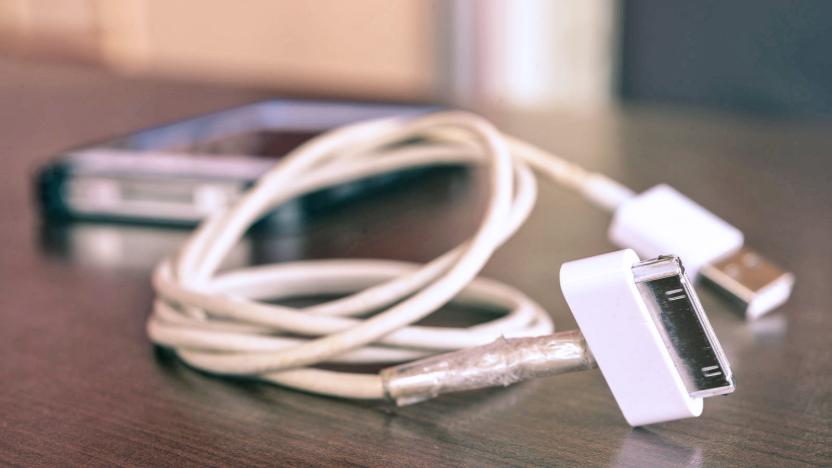mobilestar
Latest

Apple lawsuit reveals most chargers sold on Amazon are fake
Apple has filed a lawsuit against Mobile Star LLC for manufacturing fake Apple chargers and cables and passing them off on Amazon as authentic goods. According to the details of the lawsuit posted by Patently Apple, Cupertino bought and tested over 100 Lightning cables and chargers marked "Fulfilled by Amazon" over the past nine months. The result? Around 90 percent of the chargers were fake. Now, we all know there's an abundance of counterfeit Apple goods out there, but people tend to trust listings sold by Amazon itself. And in this case, Amazon clearly stated that the items were "original." Check out one example below the fold to see what we mean.

Google seeks judgment protecting Android from 'Rockstar' group's patent lawsuits
Google isn't about to remain idle while the Apple- and Microsoft-led "Rockstar" patent group sues numerous Android partners. The search giant has quietly filed a declaratory judgment complaint asking a San Jose court to rule that the company (and therefore, the Android ecosystem) doesn't infringe seven of Rockstar's patents. As GigaOM notes, Google isn't mincing words -- the firm accuses Rockstar of "placing a cloud" over Android and harassing a large part of the technology industry. The legal action doesn't necessarily amount to fighting fire with fire, though. Declaratory judgment complaints frequently represent attempts to score an early victory, rather than the first line of defense; Google likely has more up its sleeve if this tactic doesn't work.

Switched On: Techonciliation
Each week Ross Rubin contributes Switched On, a column about consumer technology. "Don't throw the past away. You might need it some rainy day." -Peter Allen, from the song "Everything Old Is New Again" During the late '90s and early '00s, the hype bubble grew large about a number of ideas that never reached critical mass. WebTV was going to democratize the Internet, but it devolved into a market niche after being acquired by Microsoft. WiFi providers such as MobileStar and later Cometa Networks hoped to build vast WiFi networks that would compete with cellular plans. Those bubbles popped back in the day, but curiously, companies are now willing to pump some energy back into them. The question is whether they are in any better position to float this time around.

